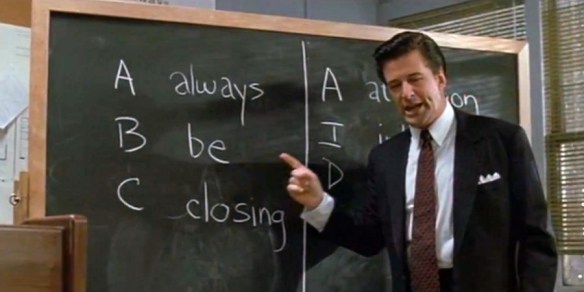While I REALLY want that extra seat in the front, I want some of the high end features MORE.He does keep posting XL pricing!!
Its gonna be the KR or the Triple Platinum
Follow along with the video below to see how to install our site as a web app on your home screen.
Note: This feature may not be available in some browsers.
While I REALLY want that extra seat in the front, I want some of the high end features MORE.He does keep posting XL pricing!!
That is a very good question.
Spoken like a good car salesman who knows his ABCs.
Always
Be
Closing

Clearly you have seen the moviePut that FU(%!nG coffee down!
3/4Are you going 3/4 or tonner?
Your killing me.One TON sounds Much cooler!!
Your killing me.
I need TWO cars.
One just for weekends towing the sleds in the mountains
One for all the rest of the week.
What's the difference between the one TON and the 3/4? A set of overload springs and emblems?
Dear Lord I hope my sled trailer NEVER weighs that much!!!!!!!!!450!
Tow 31,000lbs!
GS6
So far as I know the 250 and 350 are basically IDENTICAL otherwise.What's the difference between the one TON and the 3/4? A set of overload springs and emblems?
...It may also cost you more to insure a 1 ton, usually not much if nothing more...
Might be worth a call to the agent just to find outI've actually heard this can go the other way sometimes since you are statistically more likely to be involved in a crash with a 3/4 ton. Being the nature of insurance, I'm sure it varies though based on about 1000 other things.

